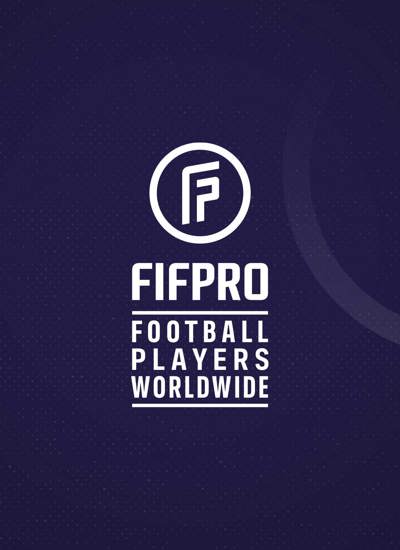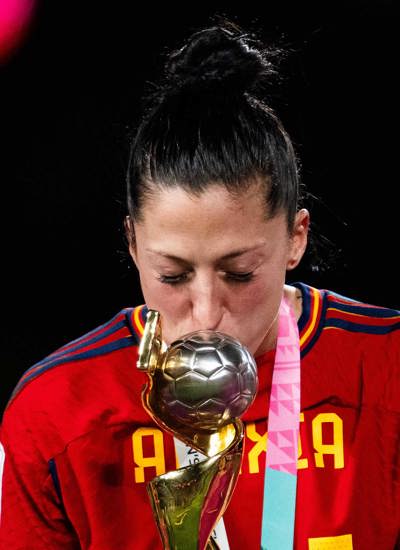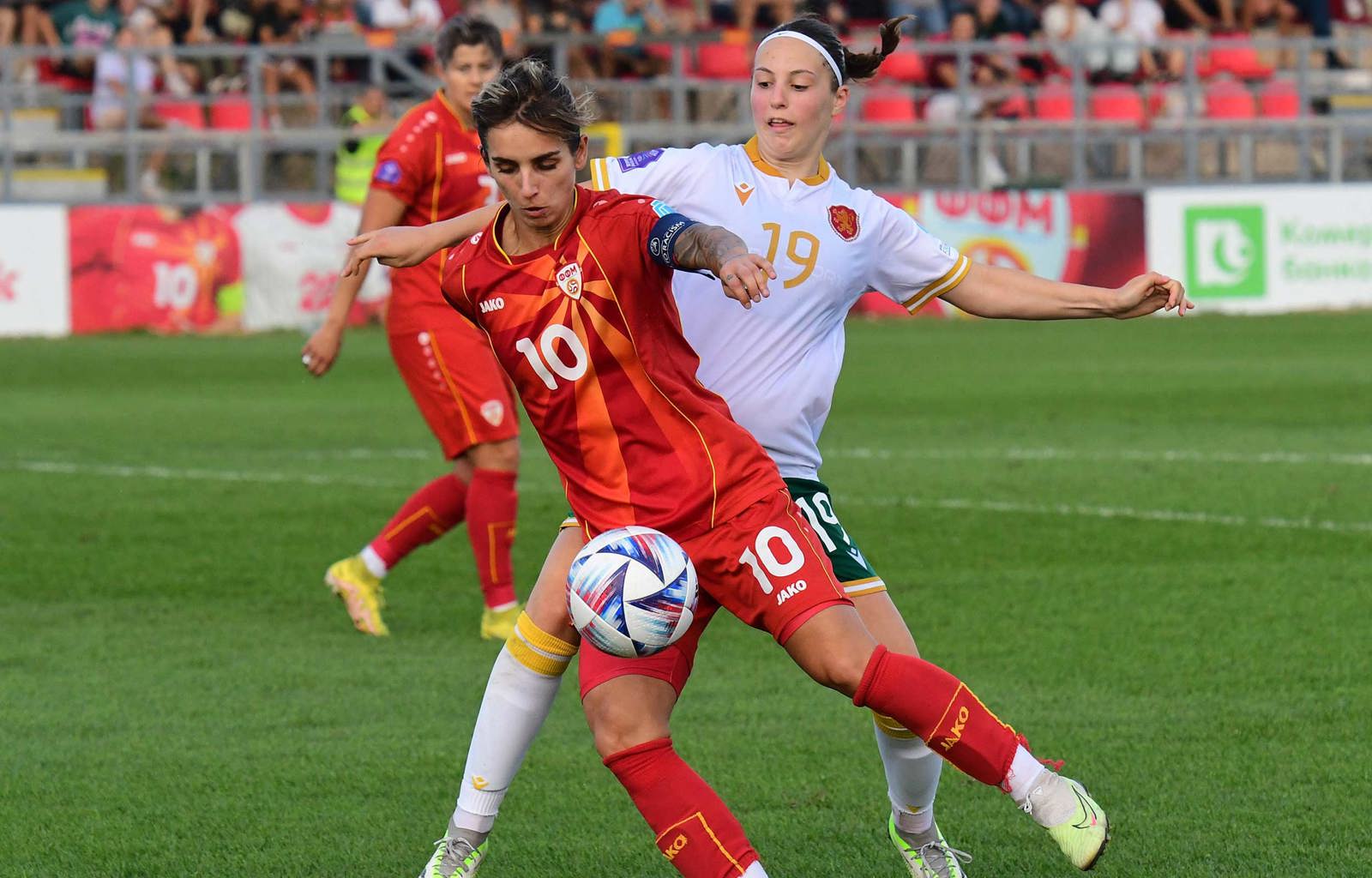
- FIFPRO Europe collaborated with UEFA to deliver the first edition of UEFA’s Minimum Standards Framework for Women’s National Teams
- Framework outlines how national associations should have transparent policies on responding to harassment and discrimination, as well as expenses and remuneration, parental and pregnancy rights, and the handling of player data
- Example of how involvement of players, unions, national associations and confederations can help shape better conditions for national team football
FIFPRO Europe collaborated with UEFA to deliver the first edition of UEFA’s Minimum Standards Framework for Women’s National Teams – ensuring senior women’s national team players in Europe receive better environments and safeguards.
The framework details how associations have a duty towards players to provide “quality care and sporting conditions to ensure their welfare and wellbeing” while on national team duty.
It also states how coaches must serve the interests of women’s national team football and promote sporting excellence, that national associations should ensure optimal training facilities and the most direct available travel routes for players, and that cooperative agreements which foster regular engagement should exist between associations and players.
Governance provisions in the framework outline how national associations should have transparent and collaboratively agreed policies on responding to harassment and discrimination, as well as on expenses and remuneration, parental and pregnancy rights, and the handling of player data.
An annual incentive of up to EUR 100,000 is allocated to each UEFA national association to implement the minimum standards for the next four years.
Download the Minimum Standards Framework for Women’s National Teams
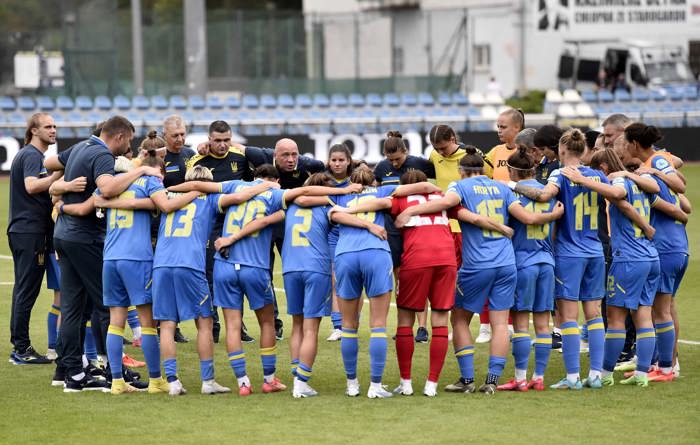
FIFPRO Europe President David Terrier said: "The close cooperation between FIFPRO Europe and UEFA has been instrumental in shaping this landmark initiative.
“We are committed to further strengthening our relationship with UEFA for the benefit of players throughout the continent. FIFPRO Europe remains dedicated to advancing European football as a whole."
UEFA's Managing Director of Women's Football Nadine Kessler said: “The announcement of the framework marks a crucial milestone for women’s national team football, made possible through the positive collaborative spirit of all involved.
“Bringing the national team captains and FIFPRO Europe into the development of such a project was essential and we are convinced that it has led to a better outcome for all. This project promises a huge impact on the women’s game by providing players with the best possible conditions to perform.”
Frameworks core objectives
- Improve conditions and environments for national team players throughout Europe;
- Support all national associations by providing the best care and environments for players on duty for the national team;
- Protect national associations and players alike through greater transparency and good governance of national teams;
- Increase the sporting level of all nations in international competitions;
- Foster stakeholder relations between national associations and players.
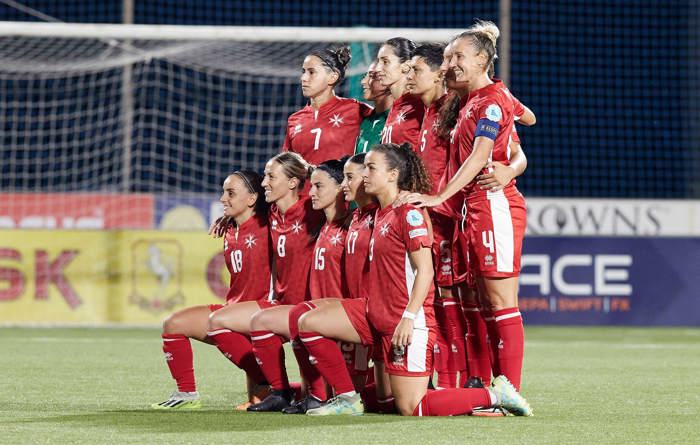
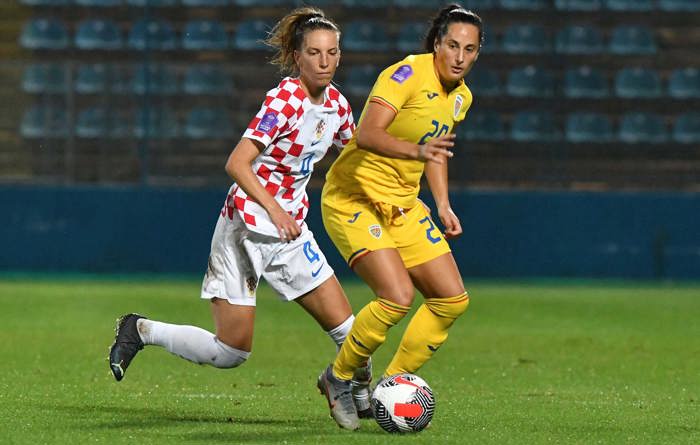
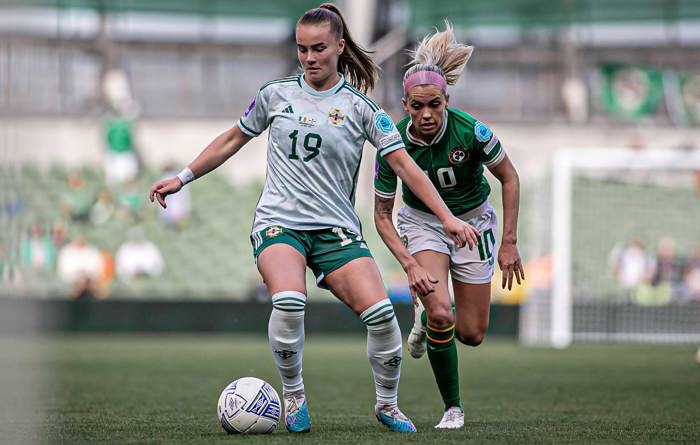
Malta women’s national team captain Emma Lipman said: "Being involved in the meetings and discussions on the framework was an opportunity for me as a player to positively shape the game.
"I look forward to the framework being implemented, and I’m happy that the initiative will continue to have the players at the heart of it. It’s a big step forward for national team football in Europe."
FIFPRO’s Director of Global Policy & Strategic Relations Women's Football Sarah Gregorius said: "This framework is the latest example of what can be achieved when a player-centric perspective that actively involves the player voice is established and enshrined. Players are empowered to both participate in, and choose their elected representatives in, these conversations, solidifying and protecting their rightful role in the dialogue.
"Women’s national team players, and the sport more broadly in Europe, will significantly benefit from these important changes that provide safeguards and improved conditions for players – taking women’s football on an important next step in its overall continued development."

